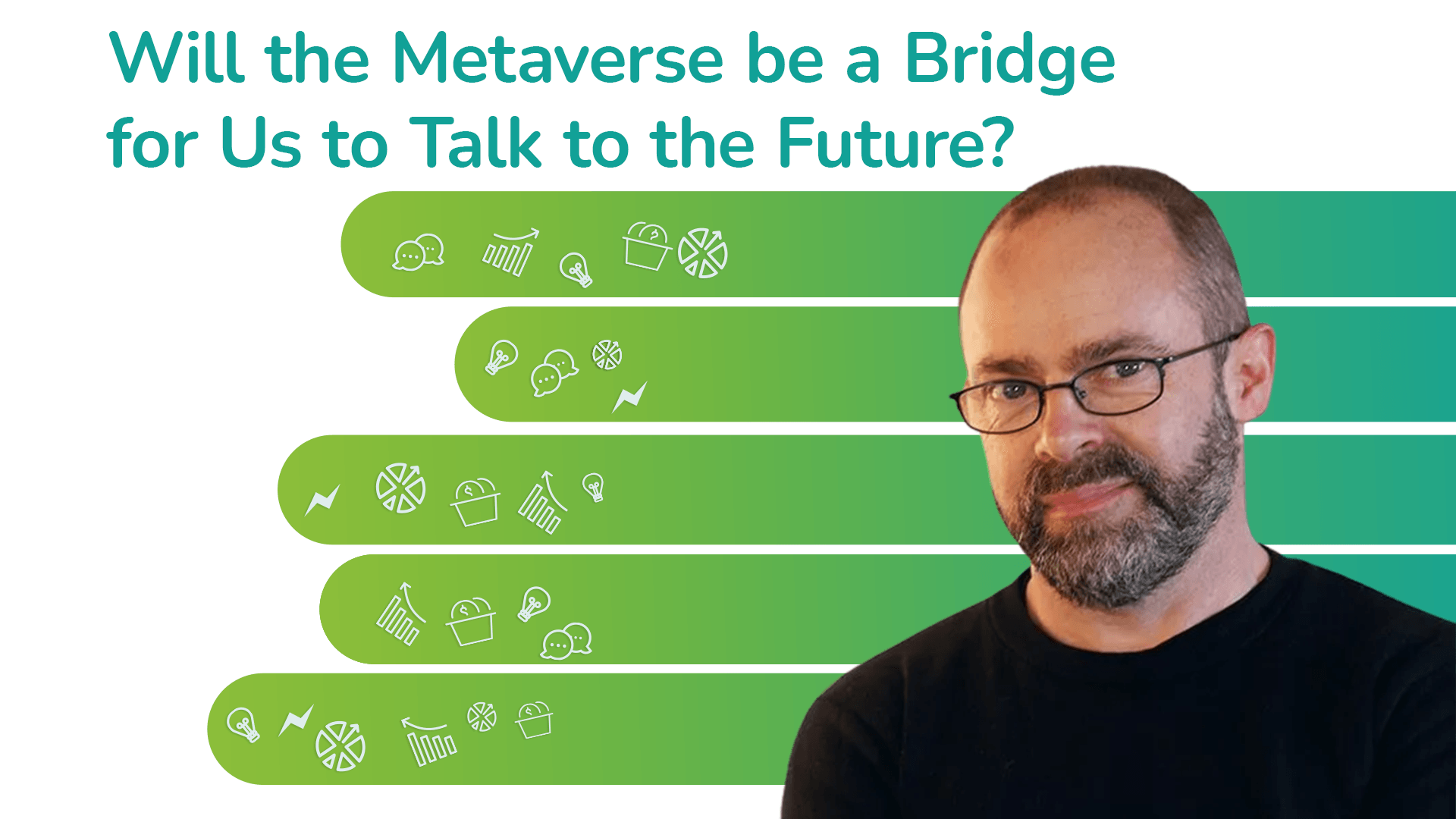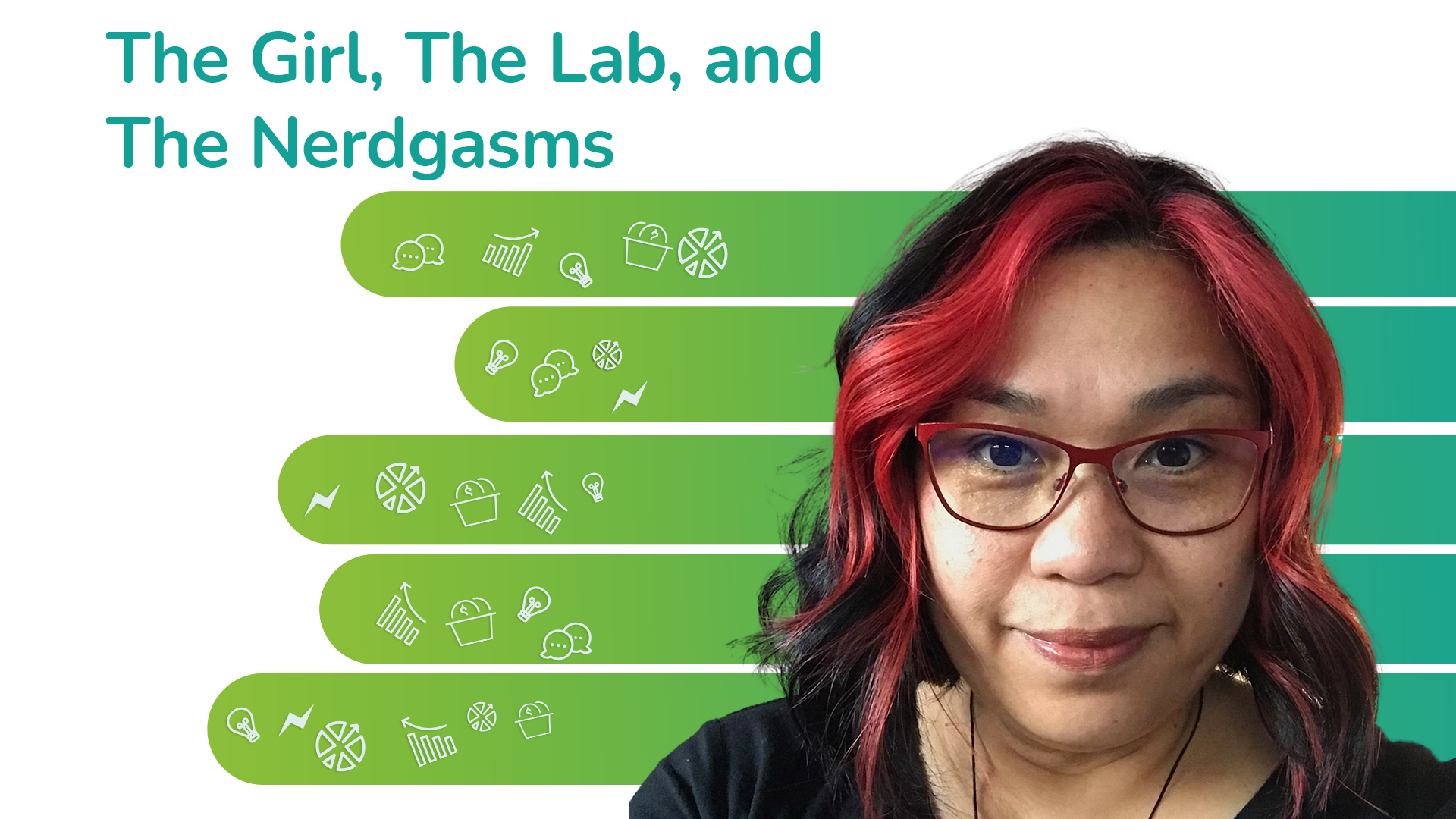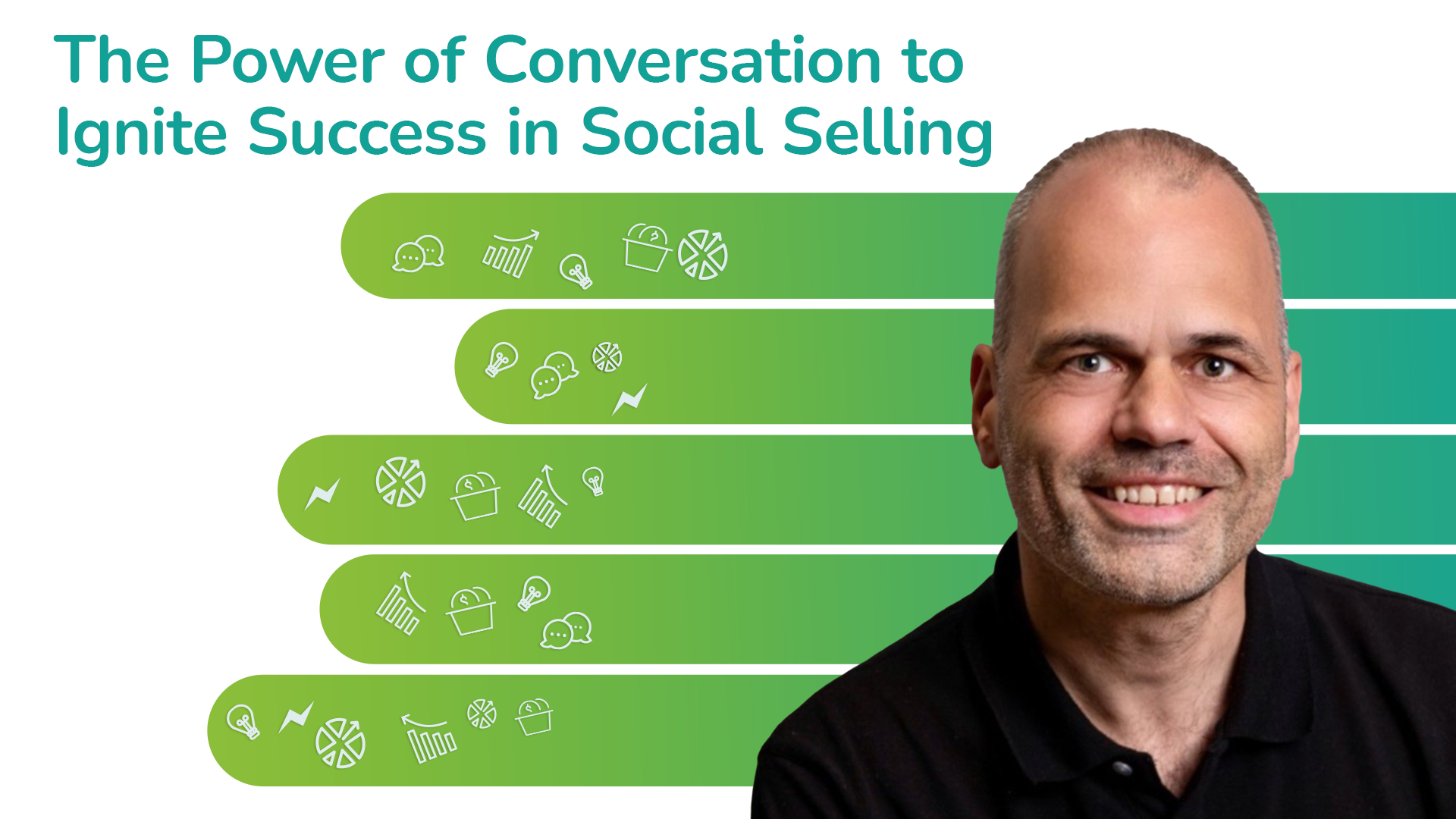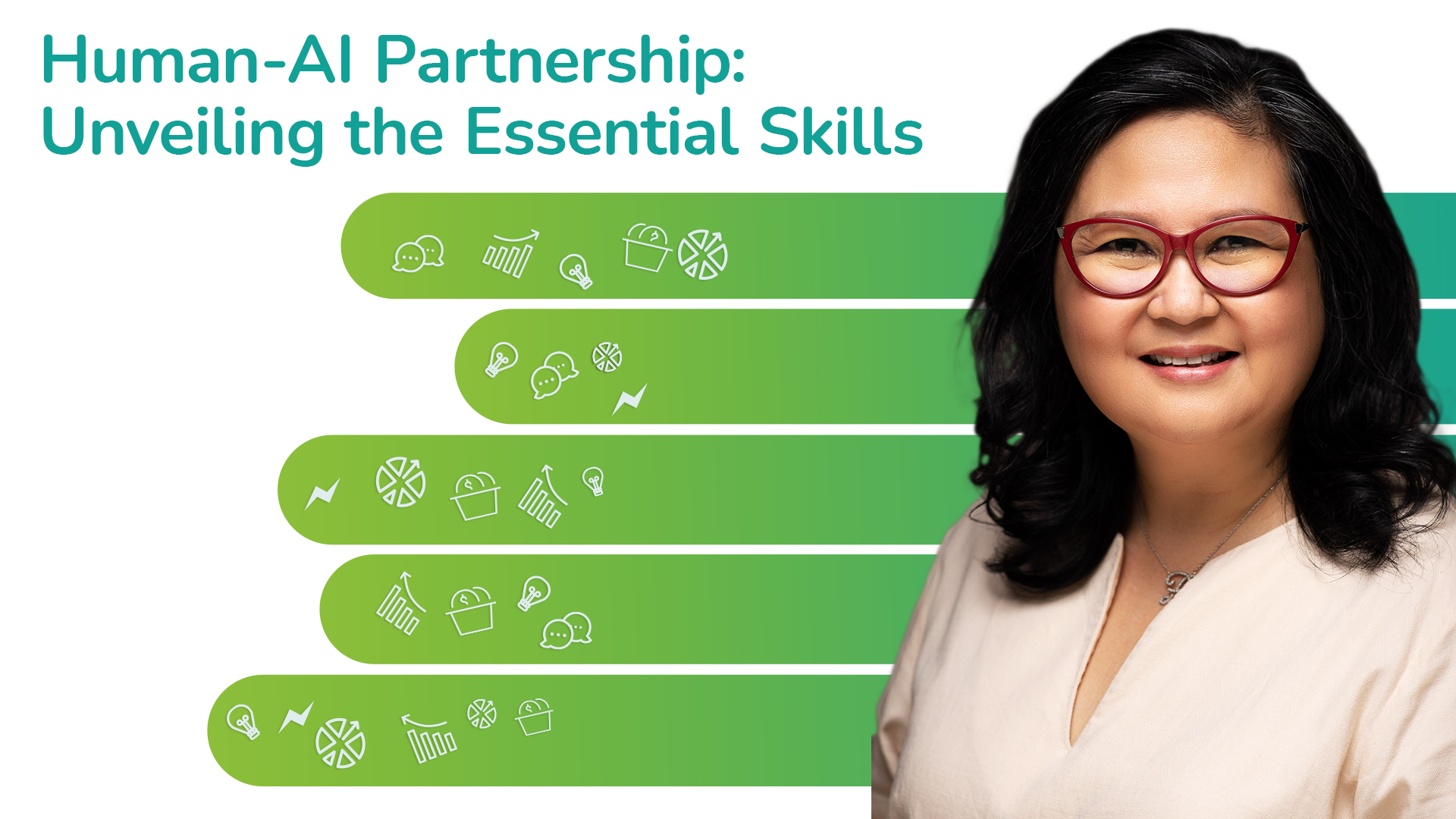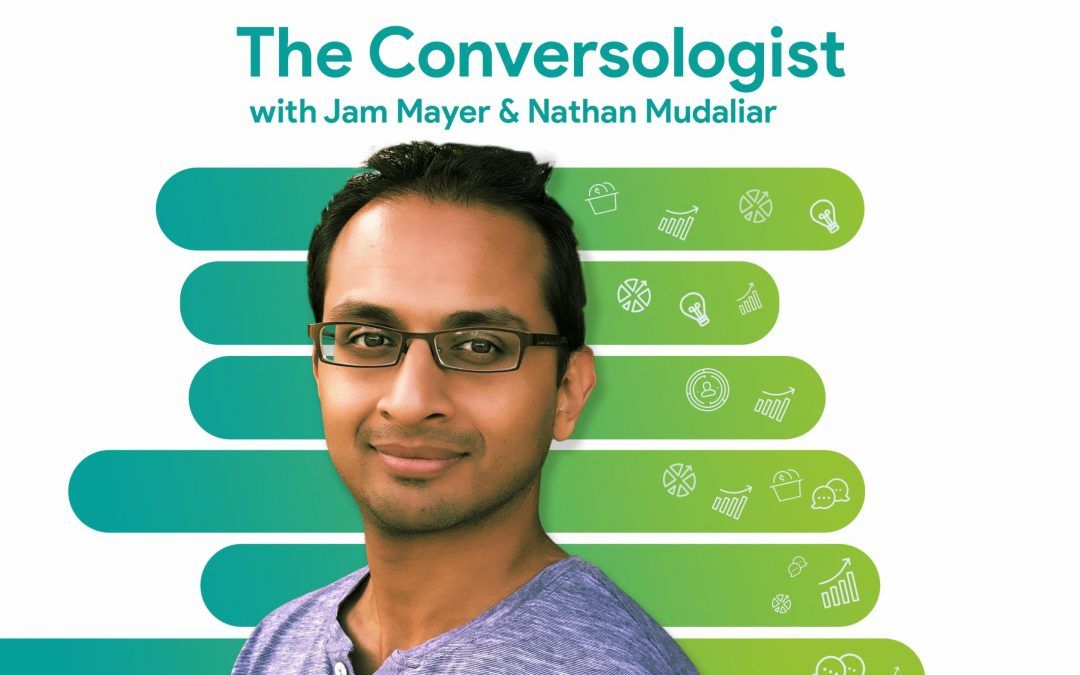
Season 2 Episode 18 | 18 minutes 25 seconds
Workshops are not (always) effective. It isn't collaborative. There is no community. You learn from a subject matter expert and end up disappointed because you don't retain most of the knowledge you thought you learned. Here's why and an introduction to my framework that can make it more effective.
Host & Guest
Jam Mayer
Resources
Episode Conversation
Topics that were discussed:
Episode Transcript
Workshops are not effective. I'll insert another word in there. Workshops are not always effective. Look, I'm not against it at all. I love workshops.
I've done workshops in my lifetime, and it has its place. But when you want to retain what you've learned and actually make use of it in the real world, that will give you results, then that's when it's not really effective.
Welcome to the Conversologist Podcast, where we talk about the art and science of conversations in the digital space. We know that technology can be a powerful enabler, but communication and emotional connections still need to be at the core. I'm your host, Jam Mayer, and I invite you to converse with me.
The traditional workshop
A workshop is a great stepping stone to wanting to learn something further and get more in depth in the subject. It's longer than a webinar, so you take more hours or days to attend one. So it's immersive. That's why it's called a work shop. You learn something, you apply it, do some exercises, or yeah, at least practice it within the session.
You're brainstorming and you're practicing it in order to retain the knowledge, and then you apply it with the guidance of a trainer or a teacher. That's why some workshops can take a few days or longer, so that you have that full immersive environment. You listen to the trainer during those days and you get amongst it and practice a new skill. And if time permits, you have breakout sessions and discuss with the other participants. It's actually awesome.
Now, there are a few things happening here. During the workshop, you're practicing with what the trainer, the subject matter expert, has given you. In a traditional workshop, you get, say, a booklet. It could be digital, it could be printed, and you follow the steps. The thing is, and I want you to think about this, the booklet, or some call it a workbook, may or may not be relevant to what you need to accomplish. Before you considered the workshop.
Workshop Expectation vs. Reality
You had a goal. You wanted to learn X. And when you sign up for the workshop, you had expectations, right? You saw the learning outcomes and the agenda. And we all know that you don't always get the full outline, right?
There will be bullet points, and this helps you decide to join. The reality is, you probably only needed to learn bullet point one, three and six out of the ten in the list. So even before you stepped into the session, you already know it may or may not be relevant to what you need to accomplish. You join anyway, right? And sometimes you think it is, well, look, there are ten in the list I only need three. That means the other six is actually a bonus, so no problem. Now let's go to the workshop session.
So, yes, it is practical learning, but most of the time, you're working on someone else's project, not yours. As an example, there is an exercise you need to do with a group. In this case I'll talk about social media marketing or digital marketing, right? You need to create a Facebook page and you do it as a group because you need to assign a step to one participant in order to accomplish that exercise, right? And the booklet says to choose a fictional company or maybe someone from the group can nominate theirs.
You're lucky if the group works on yours so the other participants in that group will just follow along. And who do you think gets the benefit out of that group session? Only one person. Think about the impact and efficacy of that exercise. Another thing happens. You go through the practical learning and you take down some notes and you go, "Oh gosh, I need to do this when I get back to work."
It's going to be part of your to-do list. In the breakout session, what happens is that you've got one person from the group that has a better learning experience and has accomplished a Facebook page for their organisation. The rest of the group will then take down notes and say, "Oh, this is what I'm going to do for my header for my Facebook page" or "This is how I'm going to optimise it" and I have to write the description or the bio and so on and so forth. And maybe there's a checklist in the booklet or workbook which they will take back to work along with their notes because they didn't really get the chance to do it for their business. There are little bitsy things in order to create a Facebook page and you're taking all these notes and you go, yeah, that is what I'm going to do when I get back to work.
Why aren't workshops always effective?
This is what I'm going to do, here's my to-do list. And actually, if you think about it, depending on how long the trainer has given you in order to do the exercise and apply the lesson, I'm almost sure that when you get back to work, you're going to do the bare minimum. If you're lucky or if you have the time. You go back to work, you are then going back to the usual day. You go back to work on other things, you do other stuff not related to what you've just learned in the workshop because you just have to, right? Unless you're really someone who's very organised and committed and it's part of an expectation from the boss, then you would probably be able to write that bio on the Facebook page or you'd be able to create that header in the next few days, right?
Again, going back to what I mentioned earlier, it may or may not be relevant to what you need to accomplish. So you're basically not reaching your goal or you're working on someone else's project. Another thing is that when the workshop is over, you've learned a lot of great things and you feel good about it, and you're moving on to apply it at work. But depending on how long the workshop is, you're probably overwhelmed with all of the information. As I said, you've got those notes.
And what happens when you go back to work wanting to use the new skills, but you end up just using a small portion of it, or probably not at all. Okay, remember that booklet? If it's printed, you decide to put it in your bookshelf. If you've got one in your office or wherever, you file it somewhere, put it near your desk. I've got my little bookshelf in my office. So when I come back from a workshop, that's what I do. And it is eventually forgotten because you have to do your usual to do list at work. Mine is gathering dust as we speak.
And what happens now in terms of retention, if you're not actually using it at work and you forget what you've learned in that workshop, the one you just spent a lot of money for, or your organisation, if you work for an organisation or business is well, you've actually forgotten it. Maybe months from the workshop date, year, a month, three months?
We don't know. It could be a year, two or so. You go, "Hey, I learned that one thing when I went to this Facebook workshop. What was it again, and how did I do it again, and how do I change and optimise it?" Then what happens is that you spend more time trying to refresh yourself and maybe go through help articles or go to a Facebook group or a community, go back to the trainer, perhaps, and say, "Hey, trainer, if it's feasible, I have a few questions from the workshop."
And then maybe you go to, again to the same workshop, and then maybe you go to the same workshops. Of course, in this case, if it is social media, then if it's a year after that, it would be an updated one, and then you refresh yourself. But because it's, let's say basic, yes you learn new things because it's updated, but what's happening is you spend a lot of time already during the first workshop, not really reaching the goal or reason you join in the first place. And you spend more time to refresh yourself and even join another one because you don't exactly remember how things worked or how or what you've actually done. No wonder why organisations don't invest much in their staff training because they don't really see the ROI from it.
How can workshops be effectively achieved?
Sounds familiar? Okay, so let's flip the coin here. Let's say you do have the time and end up ticking those boxes when you go back to work. That's great. The reality is that when you've just learned a new skill, you have to actually do it a few times consistently in order to retain the knowledge.
As they say, practice makes perfect. So when you're there, you take an extra hour doing it, either outside of work or during company time, because you're still learning it. You just absorbed the new information. This is then dependent on what your to-do list looks like. It could be a priority, or maybe there's a need or the boss expects you to do it.
That's why I say that it isn't always effective, or workshops aren't always effective is because what's important is how you retain the information long enough to actually impact your work. You need practical learning and ongoing work for higher retention. A traditional workshop is finite. It's four hours. Oh, it's for three days, and it's done.
It's not ongoing, and it depends on what organization you're in. I mean, of course you'd love it if the company you work for has a continuous learning program. But I know of very large organisations that don't even have that in place at all. If there is, usually it's more for compliance training than upskilling their staff. So continuous professional development is great, but most of the time they think it's an extra expense. But that's what the staff actually yearns for.
They want to do better at their job. So if you think about it, they're actually learning on their feet, and it is more self study. So after all these years hearing the same thing over and over, coupled with my personal frustration over traditional, might I add, archaic educational systems, I thought I'd experiment on a framework of sorts. So after a year of beta testing, I developed a system or a process for learning to make it more effective. It starts with a Nerdgasm huddle.
What is a Nerdgasm?
Yes, you heard that right. Nerdgasm. So a nerd, by definition, is someone who is devoted to intellectual, academic, or technical pursuits. Or in my own words, well, someone who is hooked and passionate about a certain interest. A gasm or orgasm is intense excitement, which in this case is an AHA moment. You hear yourself go, "Oh my God, I get it. Oh my God, I can use this at work", or "Oooh! That's revolutionary." Or simply, "Yes!"
How does a Nerdgasm huddle work?
In a Nerdgasm huddle, you learn something that is bite-sized, so you're not overwhelmed. So let's say we need to learn how to research keywords for SEO. That's a huge task in itself.
Instead of learning even the basics in a few hours, you break it down in smaller chunks. We focus on using, say, a keyword tool or learn how to research basic research keywords, right? The lecture part is short. The simpler, the better.
The group then works on the new lesson by applying it in their own work. It's a breakout session, so the individual works on their own, but alongside a few more people in case you need to reach out and ask questions. Sometimes to validate whether they're on the right track. And no theoretical or fictional organisations here, so they're really doing the work. This is where you literally are doing the work that you're supposed to or expected to do in order to level up or move on to the next step.
You're working on your to-do list during the session. Not after the workshop. So you're learning and working at the same time. After the breakout session, each person then shares their AHA moment or moments or in this case a nerdgasm, to share to the group. So by sharing your own discovery to others, you are repeating what you've just learned, which will help in retaining the learning.
What's happening here is it's called collaborative learning. In a group of five you learn not just one but four other lessons or discoveries that you might not have seen if you just did it yourself. Or instead of just learning one thing from the trainer, you get more. So say Jason would go, "I just realised there were three more keywords related to it and I want to go through that X." Or Michelle goes, "I wasn't actually done, I've only done ten out of the 20 in the exercise. What I'll do is do the rest on my own after the session." So that's her homework. So what's happening now is the next step. So that is where we move on to the second piece of the framework or the process, which is the next steps huddle.
The #NextSteps Huddle
Its purpose is for goal setting and accountability. So the next step isn't coming from the trainer. It's actually coming from the participants because they know what is relevant to them. If it's relevant, then they would most likely be committed to do the work and tick the box. Not because a workbook or a trainer says it should be done. It's a checklist, you should do this. What's important is to commit to the bare minimum. One next step.
If you've got two or three that you'd like to do, sure, but this is all about micro learning and sustainability and making sure that it is achievable. So one goal is enough. It removes the pressure, but enough to motivate you to finish and let the group know if you've done it or not. The next step to the next step is to actually ask for help. It's not just you doing the homework on your own, but asking for help from your group. Is there anything that the group can do to help you get it done?
Michelle might go, "Well, I had trouble finding keywords. Maybe if, let's say, Jim or the group can suggest other keywords you think is relevant to my business, that will be great." That's actually a good thing. So, do you see what's happening now? Because now the group is participating and is making a greater impact.
They're helping the other person, in this case, Michelle, do far more than what she has committed to. So Michelle's commitment is ten keywords. By asking for help, each person in the group then suggests, say five. That means she gets 30 in total. That's 20 more keywords that she didn't even plan. The next session then will focus on the next steps and how the other person did. So it is basically the next session. Could be a day, it could be a week. I would say based on the beta test, what's really effective is not more than a week. It could be two, three days from the week or every day. Daily would be too much, but it has been done too.
So going back. So the next session to that is actually going back to the group and asking each person whether they ticked the box or not. So they committed their next step and it's a simple yes or no answer. Then they discuss the challenges or the wins, if they actually ticked the box. What's critical is the consistency. You commit to attending the Huddles to continuously learn and actually do the work.
What do studies say about sustainable learning?
Studies have confirmed, there are a lot of them. We learn more effectively and remember material much longer when we study smaller amounts consistently, see and apply the material multiple times. So practice occurs in multiple short sessions over a long period of time, with an acceptable amount of space between each session. So going back to what I mentioned earlier, we recommend not more than a week in terms of spacing and do another session, because if you go over a week, that's too long of a time and you will forget. So every two to three days is a good space to go back to another session.
It could be the same or a continuation of that bite-sized learning or lesson from the last. So within this framework, it's a win-win, especially for busy professionals and business owners. We have little time in our hands and we have so many things to do. And as you know, learning is always the last thing that we prioritise and it's not even a priority. But it's always in the back of our minds like, oh, we need to learn more about this so that we can move forward. It is definitely a win-win for you and the organisation.
So that's it for episode 18. I hope this has opened your mind to adapt to a sustainable learning framework. I'd like to thank Jason, by the way, who said, "I wish this was how we learned in school" when I shared the Huddles. I'm proud to be doing this for you in my pursuit of a healthy learning ecosystem.
I'd love to hear your thoughts. If you're on Anchor FM, leave me a voice message or drop a comment on social media.
Hit that follow or subscribe button to be notified of the next episode in your favourite podcast app. Till the next episode. Thanks for listening and remember to keep the conversation going.

